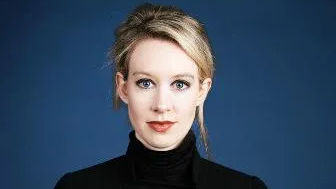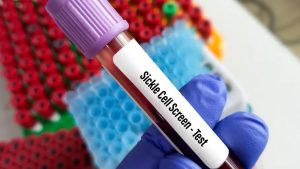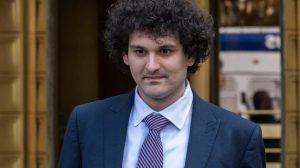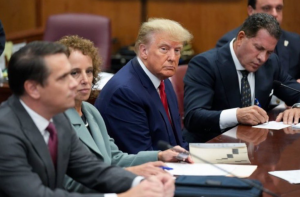Once the toast of Silicon Valley and beyond, Elizabeth Holmes is accused of duping investors and patients about a flawed blood-testing technology that she hailed as a medical breakthrough. At the age of 19, in 2003, the Stanford University dropout founded Theranos with the promise of revolutionizing the medical diagnostic industry with technology that would rapidly detect conditions such as cancer and diabetes with very small amounts of blood from a simple finger prick using small automated devices.
She is the subject of multiple books, documentaries, an upcoming HBO television series, and has graced the cover of business magazines such as Inc, which dubbed her the ‘next Steve Jobs’. Forbes called Holmes “the world’s youngest self-made female billionaire.” Theranos reached a valuation of $10bn, having raised more than $700 million from venture capitalists and private investors, at its peak in 2013 and 2014.
Holmes cited her fear of needles as her inspiration to revolutionize the medical industry and eliminate the need for large blood samples for diagnostics.
Those claims turned out to be fabricated, leading to the collapse of Theranos in September 2018. Despite more than 70 patents for blood-testing technology since 2003, Theranos failed to build a reliable blood-testing device.
Born into a well-off family in Washington DC, Holmes’ great great grandfather was among the founders of Fleischmann’s Yeast, which changed America’s bread industry during the 19th century. At age nine, Holmes wrote a letter to her father declaring that what she “really want[ed] out of life is to discover something new, something that mankind didn’t know was possible to do,” according to the BBC.
While she was studying chemical engineering at Stanford University in 2002, Holmes came up with an idea for a skin patch that could scan infections and release antibiotics as needed.
Holmes’ company found backing from different fields including US Treasury Secretary George Schultz, celebrated Marine Corps general James Mattis, former US Secretary of State Henry Kissinger and media mogul Rupert Murdoch. America’s richest family and Walmart founder, the Waltons, also invested in Theranos.
ALSO READ: Promising bail, conmen dupe wives of jailed ex-promoters of Religare
But Holmes’ fall to grace was as swift as her rise to the top as a whistleblower raised concerns about Theranos’s flagship testing device, the Edison, in 2015. The Wall Street Journal did a series of reports exposing the unreliability of the tests. Lawsuits followed and in 2016 US regulators banned Holmes from operating a blood-testing service for two years.
In March 2018, Holmes settled civil charges of having fraudulently raised $700m from investors. She was arrested three months later, along with boyfriend and business partner, Manesh ‘Sunny’ Balwani, on criminal charges of wire fraud and conspiracy to commit wire fraud.
ALSO READ: International scamsters stole billions in COVID benefits in US: Report
Prosecutors claim she knowingly misled patients about the tests and vastly exaggerated the firm’s performance to financial backers. Holmes was released on bail and in 2019 got married to William “Billy” Evans, 27, an heir to the Evans Hotel Group chain of hotels. They had a son in July this year.







